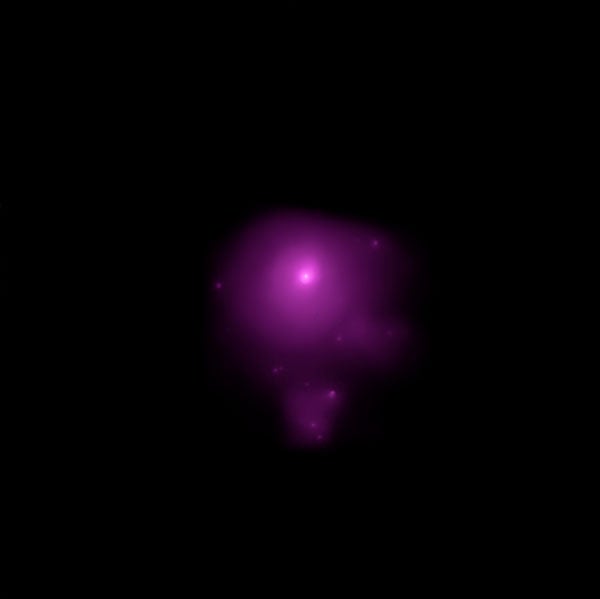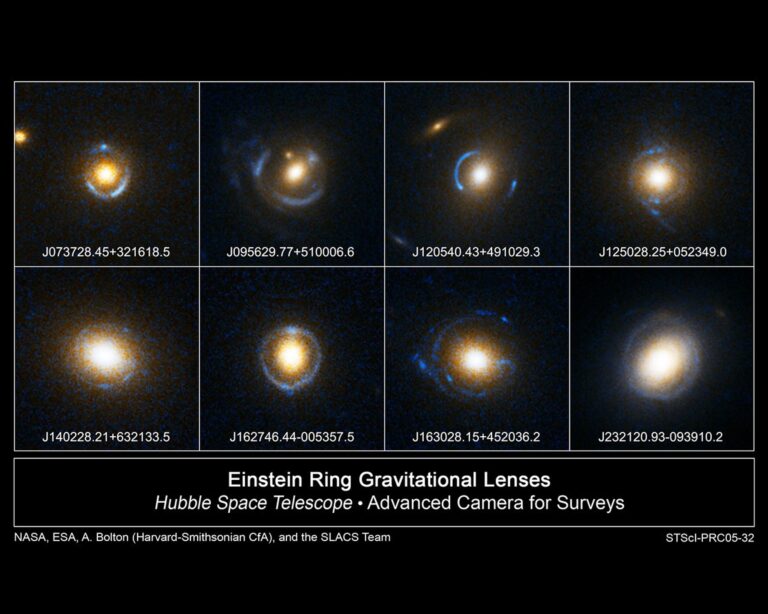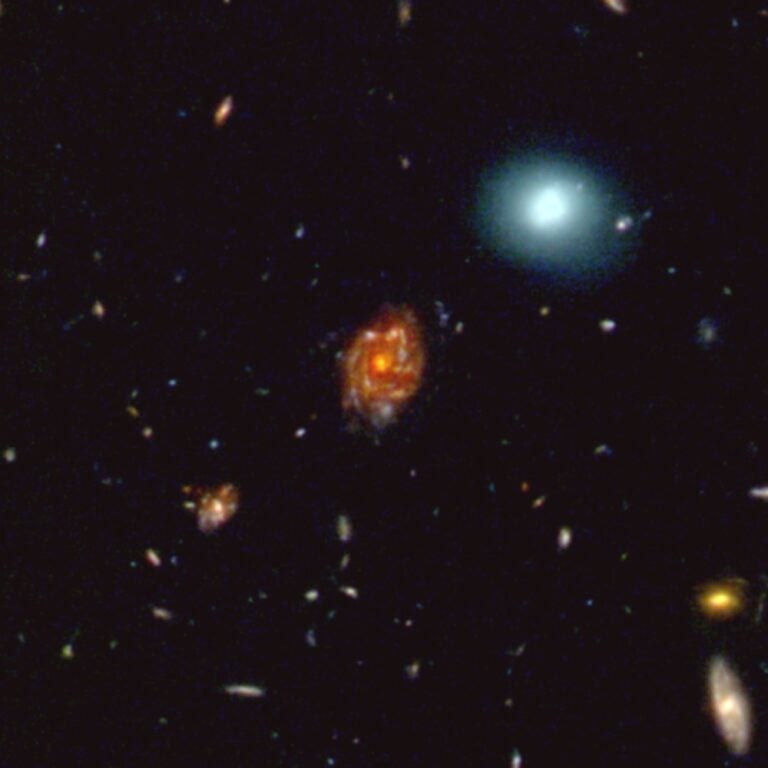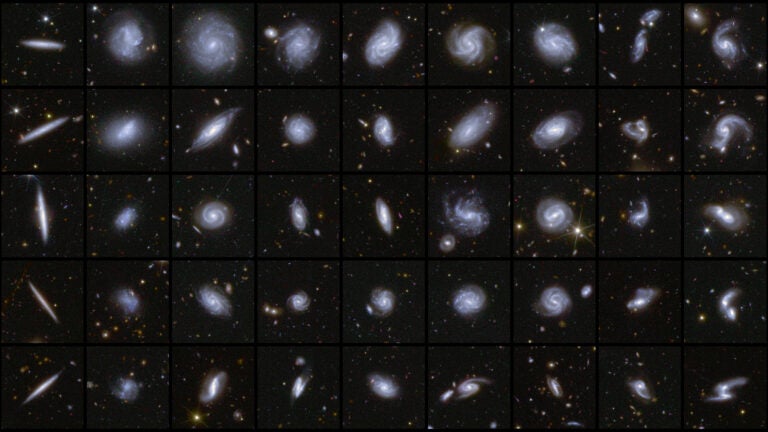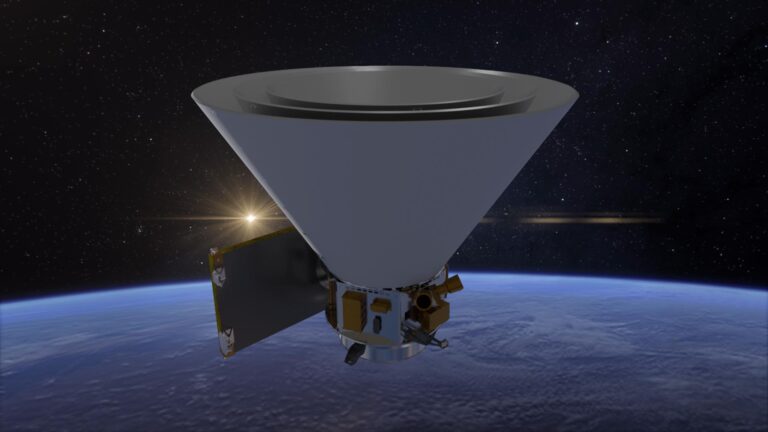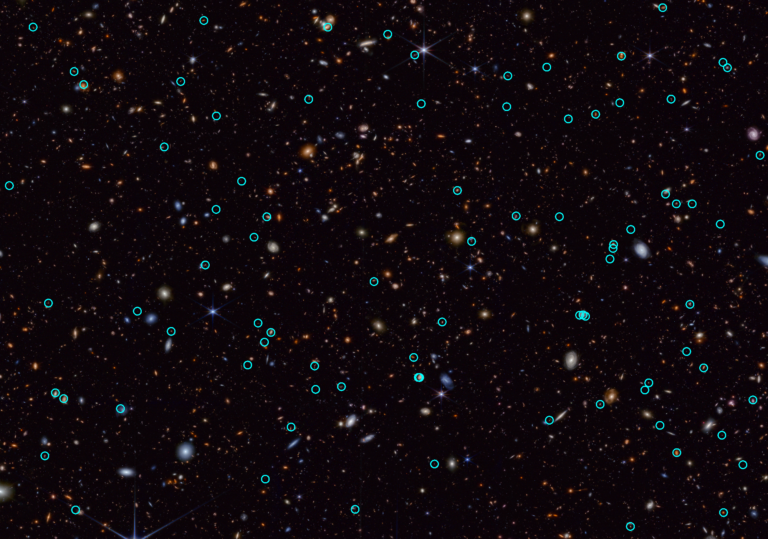Every fundamental force in nature that acts on astronomical scales must decrease with distance. Otherwise, for example, a distant planet or star would exert a stronger pull on us than Earth does. Life as we know it would be impossible if a force actually increased with distance.
However, it could be that there exists a new force that decreases with distance, but does so at a rate slower than that of gravity. In other words, this hypothetical force would fall off slower than the inverse square of the distance. It would thus become more important than gravity when calculating the gravitational pull from objects that are extremely far away. In fact, cosmologists have speculated that gravity itself may have such a property — that its force may fall off slower than what Isaac Newton calculated and Albert Einstein generalized — when the distance is billions of light-years. Observations have not yet ruled out such a modification to the law of gravity.
However, replacing one curious finding (the acceleration of the universe’s expansion) with a somewhat bizarre theory (an ad hoc change in the well-established law of gravity) does not explain the accelerating universe in a convincing way. More measurements and deep new insights will be necessary to understand the physical mechanism behind dark energy. — Dragan Huterer, University of Michigan, Ann Arbor
However, it could be that there exists a new force that decreases with distance, but does so at a rate slower than that of gravity. In other words, this hypothetical force would fall off slower than the inverse square of the distance. It would thus become more important than gravity when calculating the gravitational pull from objects that are extremely far away. In fact, cosmologists have speculated that gravity itself may have such a property — that its force may fall off slower than what Isaac Newton calculated and Albert Einstein generalized — when the distance is billions of light-years. Observations have not yet ruled out such a modification to the law of gravity.
However, replacing one curious finding (the acceleration of the universe’s expansion) with a somewhat bizarre theory (an ad hoc change in the well-established law of gravity) does not explain the accelerating universe in a convincing way. More measurements and deep new insights will be necessary to understand the physical mechanism behind dark energy. — Dragan Huterer, University of Michigan, Ann Arbor

